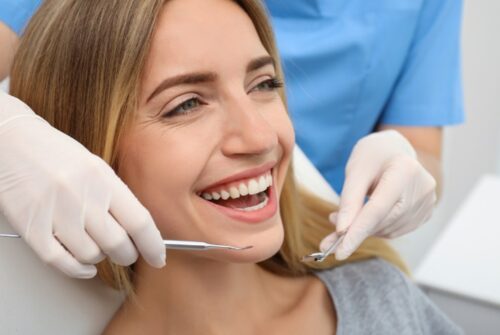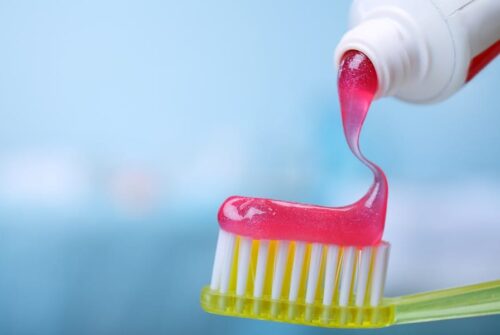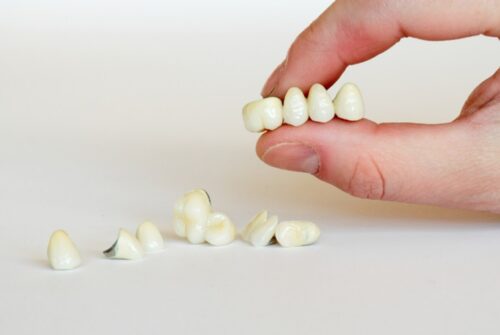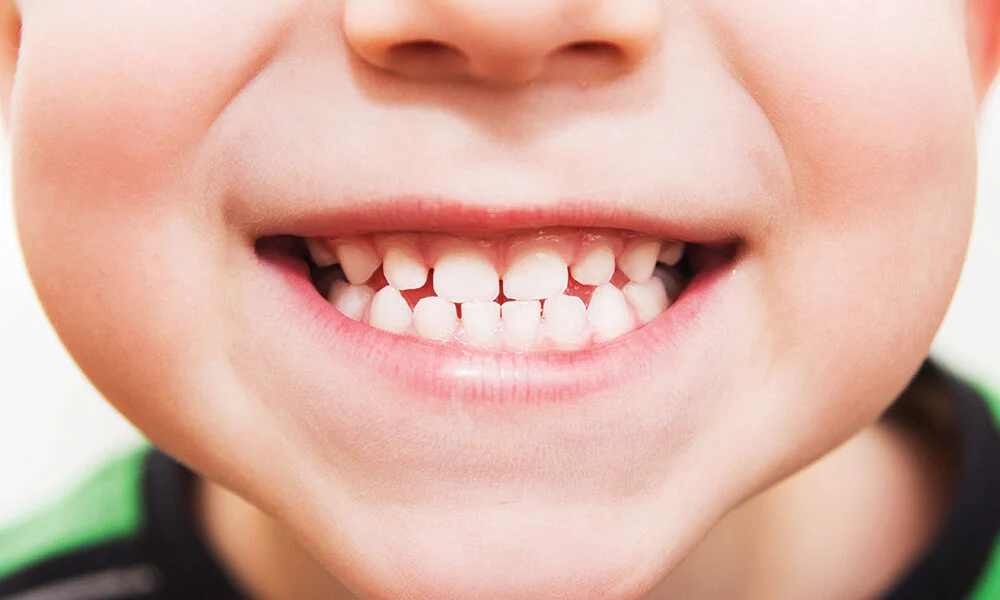
Primary teeth, also known as baby teeth, are often viewed as temporary and insignificant. However, they play a vital role in a child’s oral health, development, and overall well-being. In this article, the family dentist in Little Elm will explore the importance of primary teeth, their functions, and the consequences of neglecting their care.
Functions of primary teeth
Primary teeth, also known as baby teeth, have several important functions:
Chewing and digestion:
- Primary teeth help children chew and digest food properly, ensuring adequate nutrition.
Speech development:
- Baby teeth aid in speech development, enabling children to pronounce words correctly.
Space maintenance:
- Primary teeth reserve space for permanent teeth, guiding them into the proper position.
Aesthetics:
- Baby teeth contribute to a child’s smile and self-esteem.
Developmental guidance:
- Primary teeth influence the growth and development of the jawbone and facial structure.
Biting and chewing habits:
- Primary teeth help establish proper biting and chewing habits.
Self-feeding:
- Baby teeth enable children to feed themselves, promoting independence.
Language development:
- Primary teeth play a role in language development by helping children articulate sounds.
Confidence and self-esteem:
- A healthy, beautiful smile boosts a child’s confidence and self-esteem.
Foundation for permanent teeth:
- Primary teeth lay the foundation for permanent teeth, setting the stage for a healthy, beautiful smile.
Consequences of neglecting primary teeth care
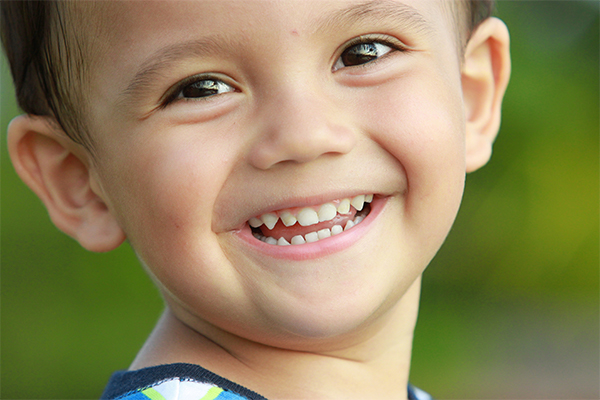
Neglecting primary teeth care can lead to various consequences, including:
Tooth decay and pain: Untreated cavities can cause pain, discomfort, and infection.
Infection and abscesses: Bacteria can spread from infected teeth to other parts of the face and skull.
Premature tooth loss: Decay or infection can lead to early loss of primary teeth.
Orthodontic issues: Early loss of primary teeth can cause alignment problems and crooked permanent teeth.
Speech problems: Missing or decayed teeth can affect speech development and articulation.
Nutritional deficiencies: Difficulty chewing and swallowing can lead to inadequate nutrition.
Low self-esteem: A decayed or missing tooth can affect a child’s self-confidence and self-esteem.
Dental anxiety: Traumatic experiences can lead to fear and anxiety about dental visits.
Increased risk of dental problems: Neglecting primary teeth care increases the risk of dental problems in permanent teeth.
Systemic health issues: Untreated dental infections can spread to other parts of the body, affecting overall health.
By prioritizing primary teeth care, parents can help prevent these consequences and ensure their child’s oral health and well-being.
Care and maintenance of primary teeth
Care and maintenance of primary teeth include:
Brushing: Brush teeth twice a day with fluoride toothpaste and a soft-bristled toothbrush.
Flossing: Floss daily to remove food particles and plaque from between teeth.
Regular dental check-ups: Schedule regular dental visits every 6 months for exams and cleanings.
Nutritious diet: Encourage a balanced diet with limited sugary snacks and drinks.
Fluoride application: Apply fluoride varnish or gel as recommended by your dentist.
Clean pacifiers and bottles: Regularly clean pacifiers and bottles to prevent bacterial growth.
Monitor oral habits: Watch for habits like thumb-sucking or teeth-grinding and seek dental advice.
Use a soft toothbrush: Replace toothbrushes every 3-4 months or sooner if bristles fray.
Supervise brushing: Assist children with brushing until they can properly brush on their own.
Make it fun: Make oral care a positive experience with songs, games, and rewards!
By following these steps, you’ll help your child develop good oral hygiene habits and maintain healthy primary teeth.
Wrapping up
Primary teeth are more than just temporary placeholders. They are essential for a child’s oral health, development, and overall well-being. By understanding their importance and maintaining good oral hygiene practices, parents can help their children enjoy healthy, happy smiles for years to come. Remember, a healthy smile starts with healthy baby teeth!


